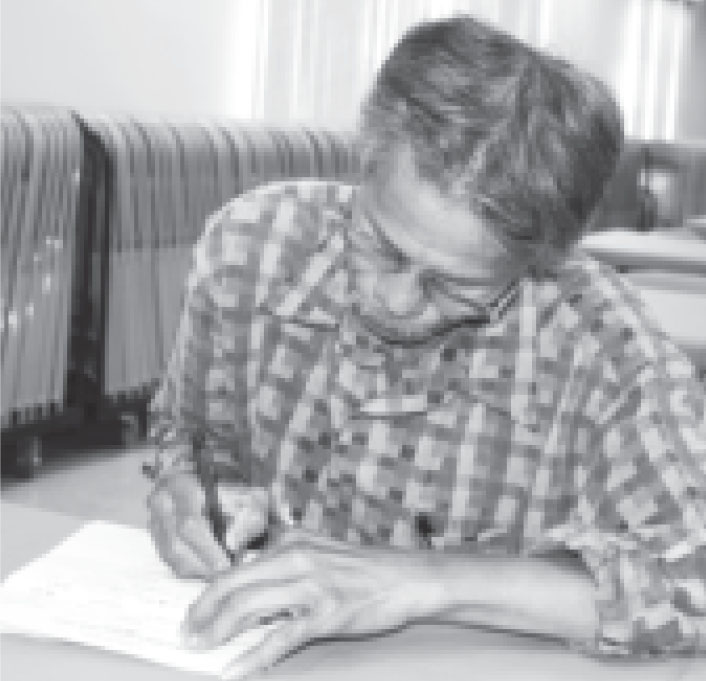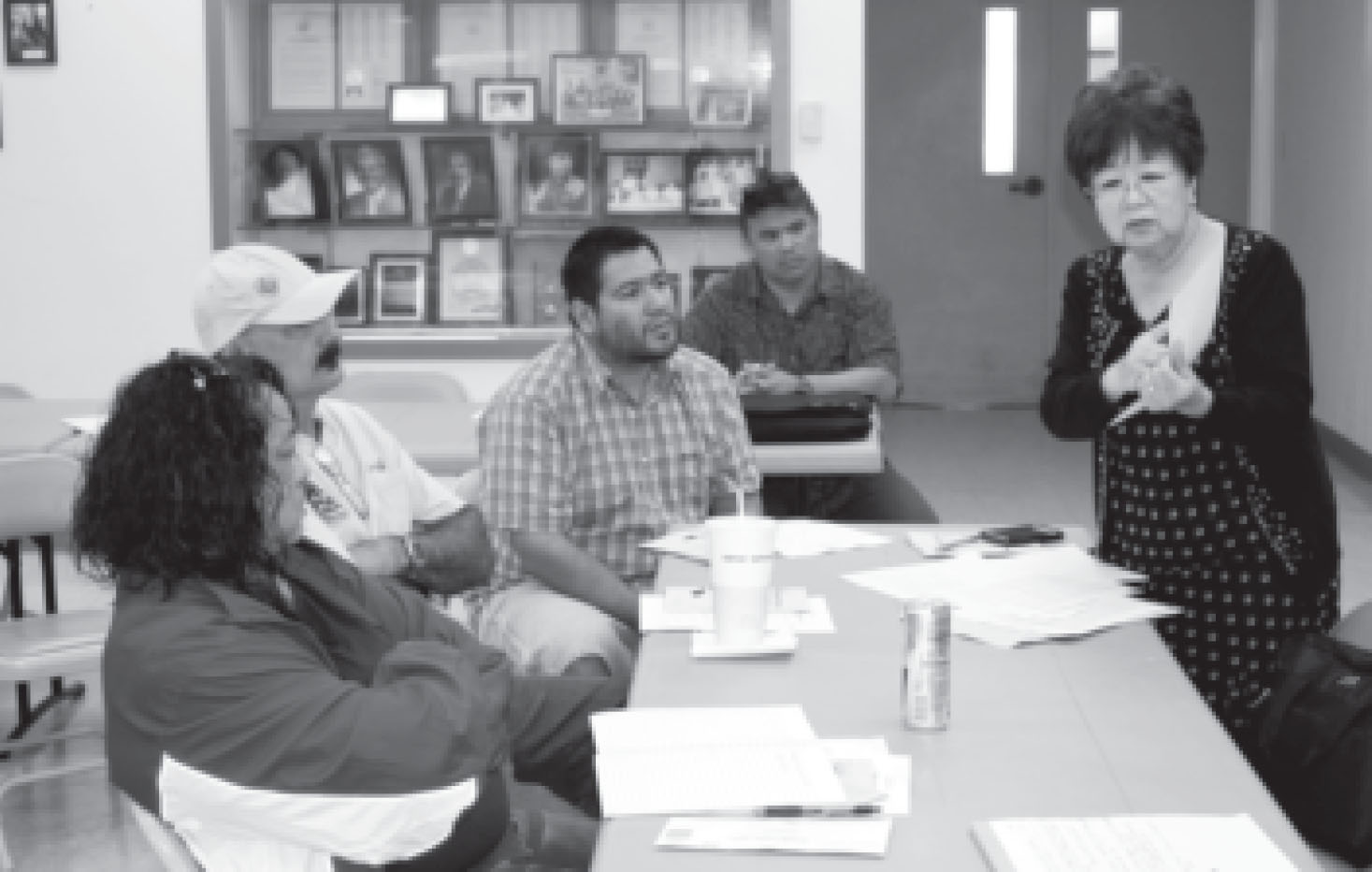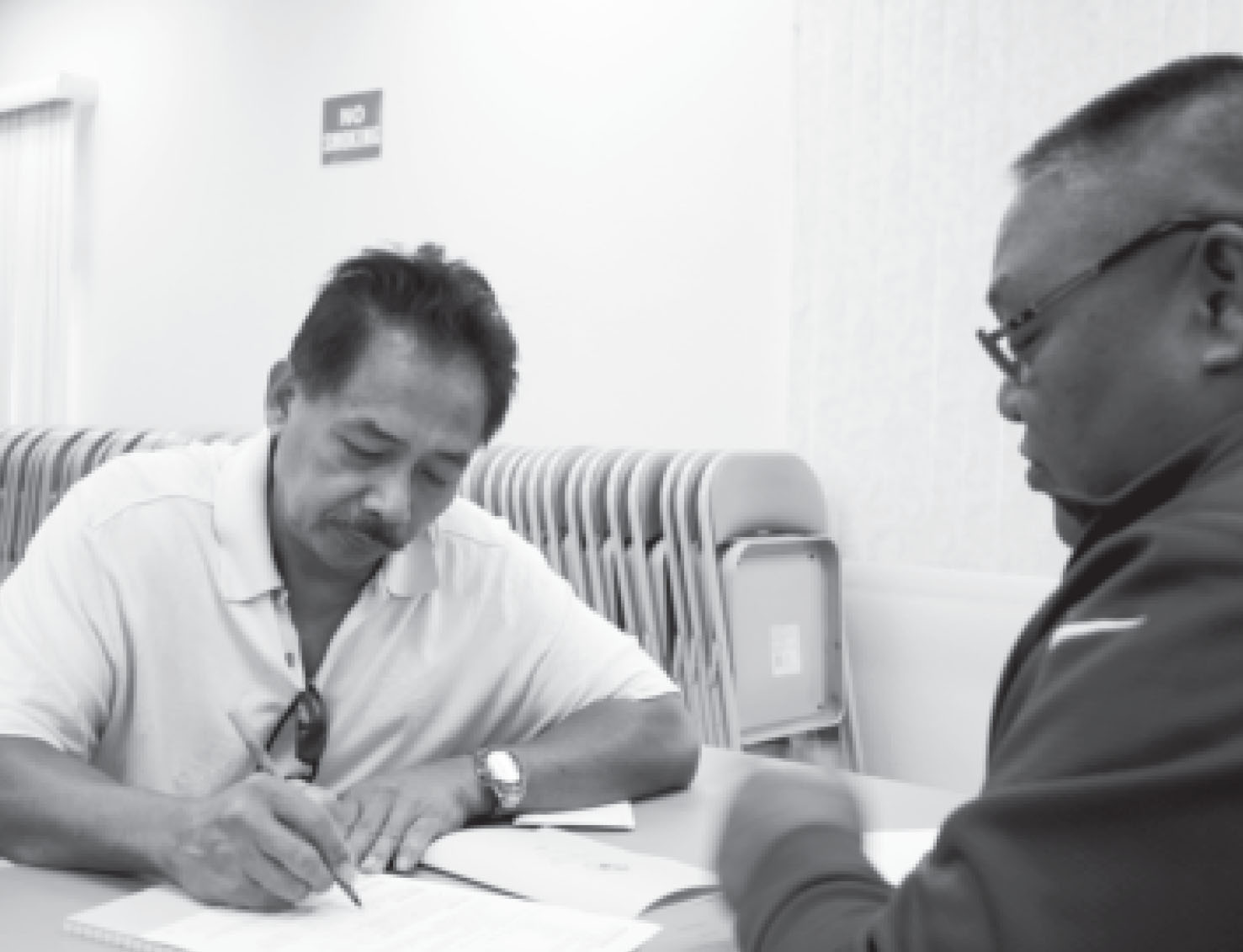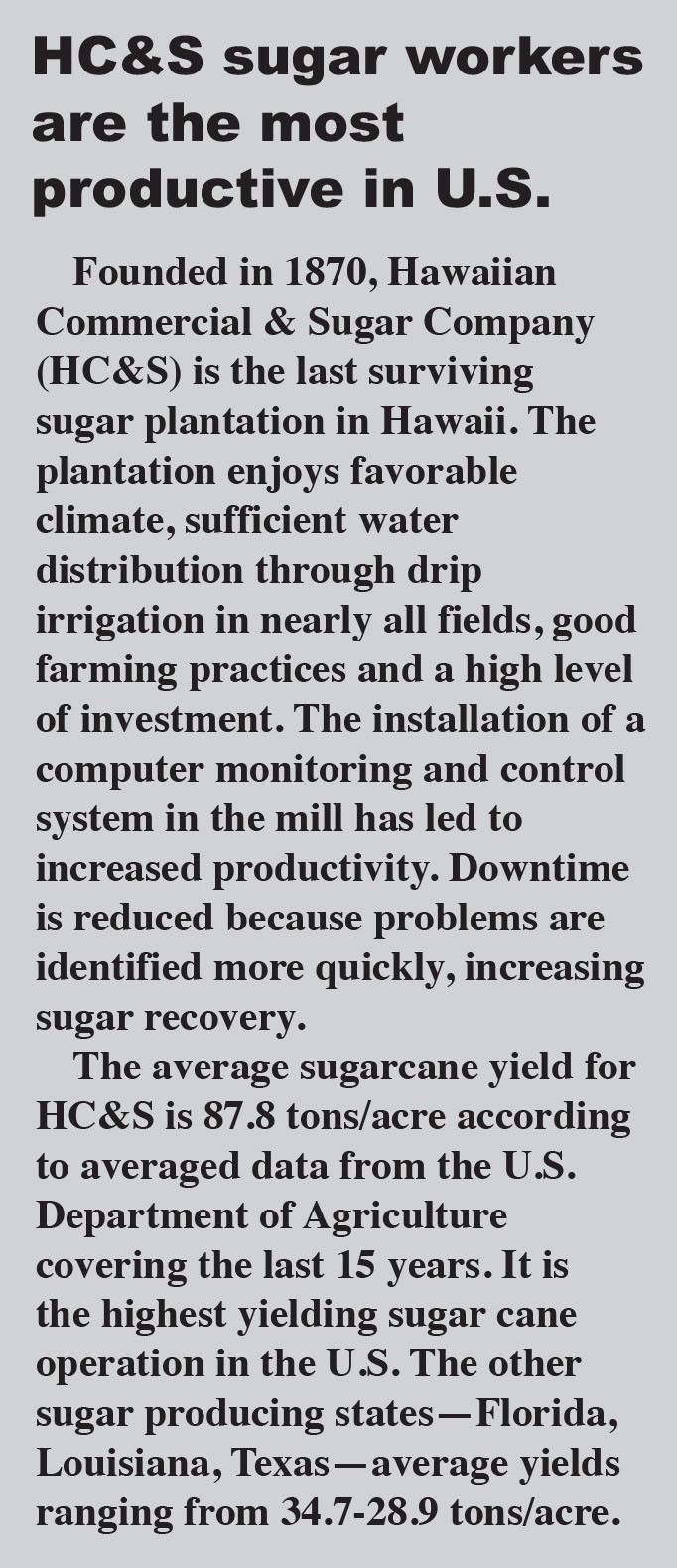Effects bargaining to begin
Because HC&S workers are covered by an ILWU contract, the company has a duty to bargain with the ILWU over the effects of the closure on workers. This is called effects bargaining.
Some of the issues that will be discussed are severance pay, payout of unused vacation and sick leave, seniority, retirement benefits, and medical and dental insurance. The union has asked to begin effects bargaining with HC&S as quickly as possible. “We will be working hard to assure that the workers receive the full benefit of their contract and what they are entitled to by federal and state law,” said ILWU President and negotiating committee spokesperson Donna Domingo.
Severance pay and medical coverage
Severance pay is usually based on the length of employment with a company and is not required by the Fair Labor Standards Act (FLSA). However, the ILWU negotiated contract with HC&S includes severance as a benefit and specifies that it will be paid out on the basis of nine days’ pay for each year of service for all eligible workers. No union dues are deducted from severance pay.
The union negotiating committee’s goal is to increase the severance benefit to help laid-off workers pay for housing and other expenses—a concern for many HC&S ILWU members. Mariano Oliveros, who emigrated from the Philippines seven years ago, got his first full-time job as a drip irrigation hook-up and repair worker. “My family is living comfortably because the plantation provided me with a stable income. I’m in my fifties, too old to find another job easily. How am I going to pay for my medical coverage and mortgage without a job?” said Oliveros.
Another area that the union negotiating committee will be working on is the severance payout timeframe. Workers at other companies have waited up to 14 months after the closure to receive their severance pay. The union negotiating committee will do its best to insure that the severance is paid out in a timely manner.
The union negotiating committee will also be fighting to extend the period during which laid-off workers receive medical coverage. “I’m having a hard time sleeping because I’m worried about how I’m going to pay for my daughter’s and my medical,” said Manibog, with tears in her eyes.
An era ends, but the impact of sugar workers remain
Sugar plantations once stretched the length of the island chain—from Kekaha to Kau. Hundreds of thousands of workers and even family were brought to Hawaii from as far away as the Azores and Puerto Rico and China, Korea, Japan and the Philippines to work the fields. Plantation communities were the foundation of Hawaii’s multi-ethnic culture and values.
In 1946, 30,000 sugar workers plus their families went on strike to begin a long battle for a better life. Their struggle— along with their fellow workers in other industries in the ILWU—reshaped Hawaii, building power for workers and their families and achieving a large measure economic, social and political justice.
The era in which ILWU sugar workers shaped the history of Hawaii has passed, but the impact of sugar, its workers, and the workers’ union remains. “The workers should take pride in the fact that they did everything they could to keep HC&S going, and that they were able to rally their community in support of Hawaii’s last sugar plantation,” said ILWU SecretaryTreasurer Guy Fujimura. “I see them as heroes of the ILWU.”
Charles Andrion summed up his feelings on the bittersweet ending of HC&S. “It feels like my grandparents put the first cane stalk into the ground and I will be taking the last cane stalk out of the ground,” he said. “But we’ll find a way to move forward.”

Floro Mangay-Ayam completes his ILWU survey. Mangay-Ayam has been in the harvesting department for nine years and is worried about how he is going to pay for his medical insurance.

Zenaida Andaya, who is fluent in English and Ilocano, reviews the informational packet with Renato Yadao and his wife. Yadao has worked in the planting department since 1980. “The closure is really going to hurt because this job is the main source of income for us,” he said.

Social Services Coordinator Joanne Kealoha (right) explains material from a packet of information to be passed out at the open house meeting on January 15, 2016. This was the first of two meetings with members held to pass out information on the services and programs that are available to help them deal with the loss of their jobs. (l-r): Local Executive Board Member Esther Manibog, Gordon Martins, Unit Chair Daniel Martinez, and Business Agent Joe Aquino.

Local Vice President Teddy Espeleta assists Carlos Garcia in completing contact information on the union survey. The updated contact information will enable the union to get in touch with Garcia to provide additional information and assistance. Garcia, a sugar boiler mechanic for 19 years, has experienced several company closures. When Wailuku Sugar Plantation shut down in the 1980s, Garcia transitioned to Wailuku Agribusiness. After Wailuku Agribusiness closed, Garcia enrolled in trade school and was hired at HC&S in 1997. Garcia said that he appreciates the union for all the help provided over the years he has been an ILWU member.

If you have any questions or for more information call the Maui Division Wailuku office at (808) 244-9191.
